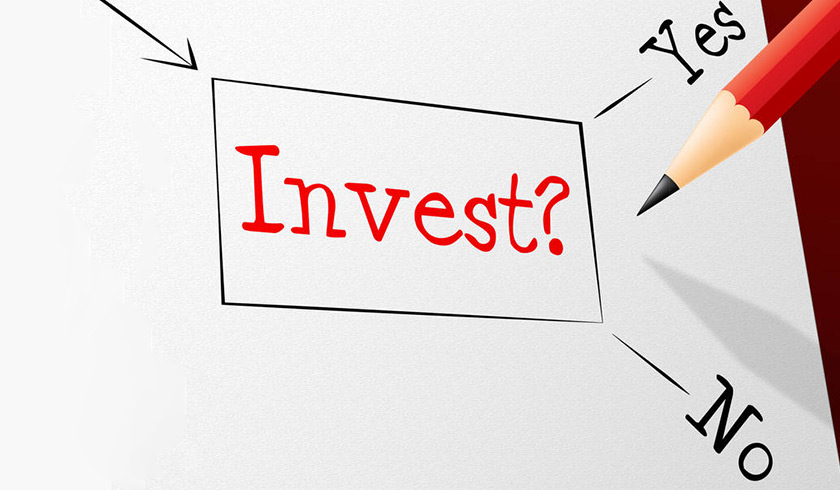On financial incentives and loans: Should you turn your home into an investment?
Many budding property investors often start their journey by turning their home into an investment, but while this is often a sound financial decision, as in all strategies, one must consider its implications before taking the leap.

If you decide to choose this as your investment strategy, two of the most important factors to consider are financial incentives and loan considerations, according to Mortgage Choice’s Bob Krover.
Tax deductions
One of the financial incentives for a homeowner who turns his dwelling to an investment property is tax deductions.
However, Bob explained: “If you have paid a significant amount off your owner-occupied property mortgage and then turn it into an investment dwelling, you may be negatively affecting your hip pocket.”
“For example, you had an $800,000 mortgage when you first bought the property and you have now paid it down to $200,000 ... when you turn that property into an investment dwelling, that $200,000 you now owe becomes your tax-deductible debt—not the $800,000 mortgage you started with,” he said.
Finding the right loan
As a homeowner, you would have set up a loan that fits your circumstance, but as you transition to becoming a property investor, you should consider the changes to your mortgage.
According to Bob: “For example, if your loan is a line of credit, this will no longer be beneficial to you when you convert the owner-occupied property into an investment property.”
“The primary function of a line of credit is to offset any interest occurring on your personal owner-occupied debt, rather than your tax-deductible debt.
“Similarly, if your current mortgage is a principal and interest loan, you may wish to convert it to an interest-only loan, especially if you are going to take out a non-tax deductible, owner-occupied loan on another property,” he explained further.
Aside from financial incentives and loan considerations, homeowners who choose to turn their place of residence to an investment property will also do well to remember the “six-year rule,” a regulation that will allow you to “rent out the property for up to six years, make claims for expenses, and avoid capital gains tax once you sell the property”.
Lastly, know whether your investment property will work as negatively geared or positively geared as it could impact the income you generate. In order to make smart investment decisions, educate yourself as much as you can through different resources and don’t hesitate to speak with experts and professionals.
